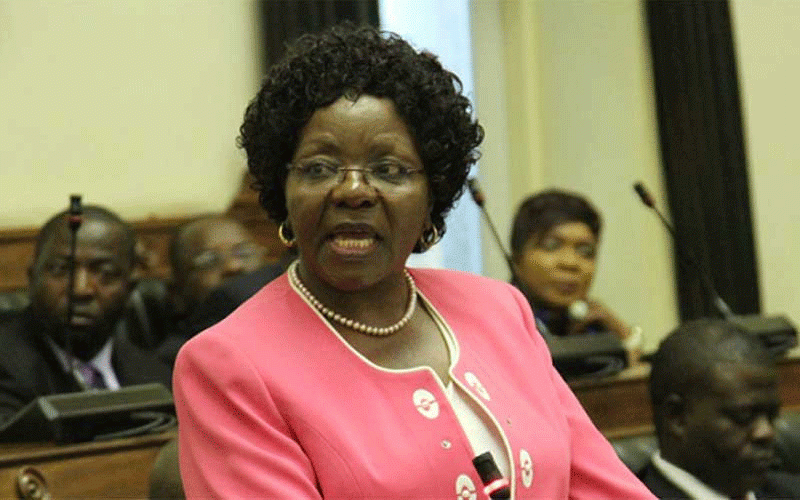
GOVERNMENT says negotiations are ongoing to include sensitive products such as clothing, textiles and sugar in the African Continental Free Trade Area (AfCFTA) as it pushes for 100% trade on all products.
Speaking at the Confederation of Zimbabwe Industries congress, Industry and Commerce minister Sithembiso Nyoni last week said AfCFTA was critical in assisting Zimbabwe to structurally transform its economy.
Government signed the agreement establishing AfCFTA in 2018 and subsequently ratified it in 2019.
AfCFTA has the potential to boost intra-Africa trade by over 50% through the elimination of tariffs and trade restrictions on goods and services.
“Currently, trading under the AfCFTA is possible for 88,3% of tradable goods, representing nearly 5 000 products, as these have agreed rules of origin in place,” Nyoni said.
“Negotiations are ongoing for more sensitive products such as clothing and textiles, automotive and sugar, which are expected to be finalised by this year in order to achieve 100% rules of origin coverage.
“The AfCFTA is developing regional value chains under the AfCFTA Private Sector Engagement Strategy. This strategy intends to offer African countries an opportunity to use regional advantages to boost competitiveness, diversify product supply, and export products with higher value-addition,” she said.
Nyoni said the AfCFTA Private Sector Engagement Strategy focused on four initial priority sectors or value chains, namely agro-processing, automotive, pharmaceuticals and transportation and logistics, based on the potential for import substitution and existing production capabilities on the continent.
- Mavhunga puts DeMbare into Chibuku quarterfinals
- Bulls to charge into Zimbabwe gold stocks
- Ndiraya concerned as goals dry up
- Letters: How solar power is transforming African farms
Keep Reading
“As part of Zimbabwe’s effort to prepare for the implementation of the AfCFTA, the Ministry of Industry and Commerce is working with the private sector in the formulation, implementation and monitoring of various sector strategies and value chains which have potential to thrive under the AfCFTA agreement.”
She said there was need for collaboration among all players, small and large businesses, to strengthen business linkages and synergies to boost productivity and trade under AfCFTA.
She implored manufacturers, wholesalers and retailers to engage in responsible business practices for the improvement of livelihoods for their workers and consumers and the sustainability of our environment for future generations.
“In terms of consumer protection, my ministry is currently developing the Consumer Protection Policy and General Regulations in order to augment and facilitate the implementation of the current Consumer Protection Act,” she said.
Nyoni believes Zimbabwe’s economic recovery would be underpinned by structural transformation towards industrialisation which is critical for sustained economic growth and development.
“In this regard, government’s thrust is to develop and implement policies, strategies and interventions which are conducive for industrial development to set the sector on a sustained growth trajectory,” she said.










